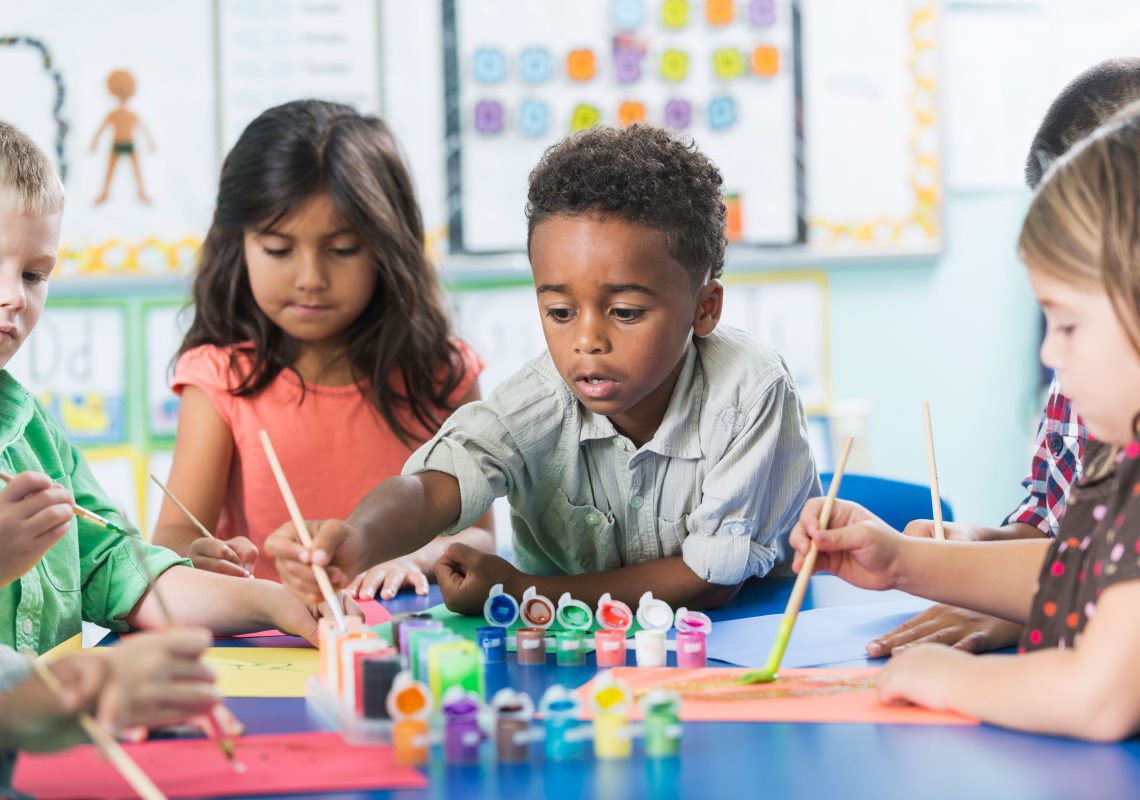Talking to Young Children About
Bias and Prejudice
Leading experts on child development argue that the problem begins as early as preschool, where children have already learned stereotypes or acquired negative attitudes toward "others." The process of countering those negatives with positives begins at an early age.
Learn More